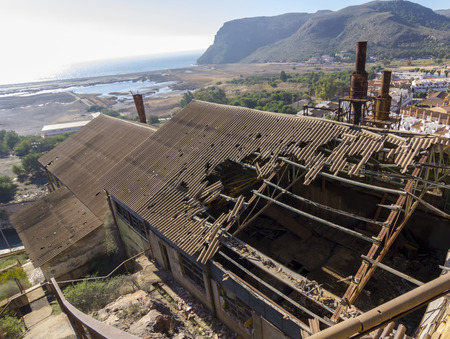In UN-speak it is called simply “loss and damage.” This is the unfounded idea that people adversely affected by bad weather are “climate victims” and as such they should be compensated by the developed countries that supposedly caused the weather to be bad.
The potential amounts involved are staggering so it is no wonder that the developed countries have steadfastly resisted the idea in UN climate negotiations. In fact loss and damage is often referred to more accurately as liability and compensation.
Yet the concept continues to move forward, because the developing countries love the thought of getting all this money. We are talking about untold trillions of dollars.
The Bonn negotiations have produced a draft decision on loss and damage which takes new steps forward. The steps are small but still dangerous. They do not yet call for revenue to flow, but they open the door for what is called “attribution research” to enter.
Attribution is the new wave of pseudoscientific studies that claim to quantify the impact of human caused global warming on local bad weather. I am not making this up. Of course it is all based on the ridiculous climate models, which we know are no good, but the loss and damage advocates adore these computer models.
The draft decision specifically calls for what is formally called an “expert dialog” event, to be held this coming spring. It also calls for “research institutions” to get on board. This amounts to a technical hearing which will no doubt formally introduce attribution into the climate negotiating process.
Loss and damage advocates are predictably denouncing the draft for not yet calling for revenue to flow. Reportedly the call for a new revenue flow was blocked by the US and Australia. Advocates are now calling for a reversal at what is called the ministerial level of the Bonn talks, when the big political guns fly in to try to resolve the major stalemates in the negotiations. There is no way the US is going to budge on not having loss and damage compensation.
I am sure that the other developed countries support this blockage, but they are happy to have President Trump take the heat. Alden Meyer, director of strategy and policy at the radical Union of Concerned Scientists, is quoted as saying “Other developed countries are hiding behind the United States on loss and damage and finance issues. And, I think they need to be called out on this. They need to be asked whether they would side with (US President) Donald Trump or with the vulnerable countries of the world and meet their responsibilities.” In this case the other developed will no doubt side with President Trump.
So the real threat at this point is attribution. The US Academy of Sciences is one of the leaders in promoting this bogus research. It has issued a lengthy report endorsing and defending the concept. Its flagship journal — Proceedings of the National Academy of Sciences (PNAS) — publishes a lot of this junk.
For example, PNAS just published a paper claiming to quantify the big impact that global warming had on creating Hurricane Harvey. They also published a monster study by attribution guru Noah Diffenbaugh. The honorific title of this junker will give you an idea of what attribution looks like “Quantifying the influence of global warming on unprecedented extreme climate events.” They are claiming to measure the human cause of droughts, floods and heat waves around the world.
If this attribution pseudoscience ever gets together with compensation for loss and damage, then these so-called scientists will make a fortune. So will the developing countries, which want to get paid for all bad weather.
The draft decision notes “…the concerns raised by (developing country) Parties on the increasing frequency and severity of climate-related disasters that have affected many countries, including heatwaves, drought, floods, tropical cyclones, dust storms and other extreme weather events, as well as the increasing impacts associated with slow onset events…” There is of course no such increase.
The real concern of the developing countries is getting the money.

Thanks for the update on the maneuvering. Of course, if we enter a cooling period because of solar minimum, or change of ENSO and AMO phases, or any other reason, the temperature gradient would increase with a return to 1960’s weather. And of course, that storminess will be attributed to fossil fuels along with claims for damages.
Indeed, attribution is all about the juiced up models showing more bad weather. Since no two models agree on where the bad stuff will occur and there over 100, all run by government agencies, they can always find one that predicts whatever happens. The attribution game cannot lose because it cheats well.